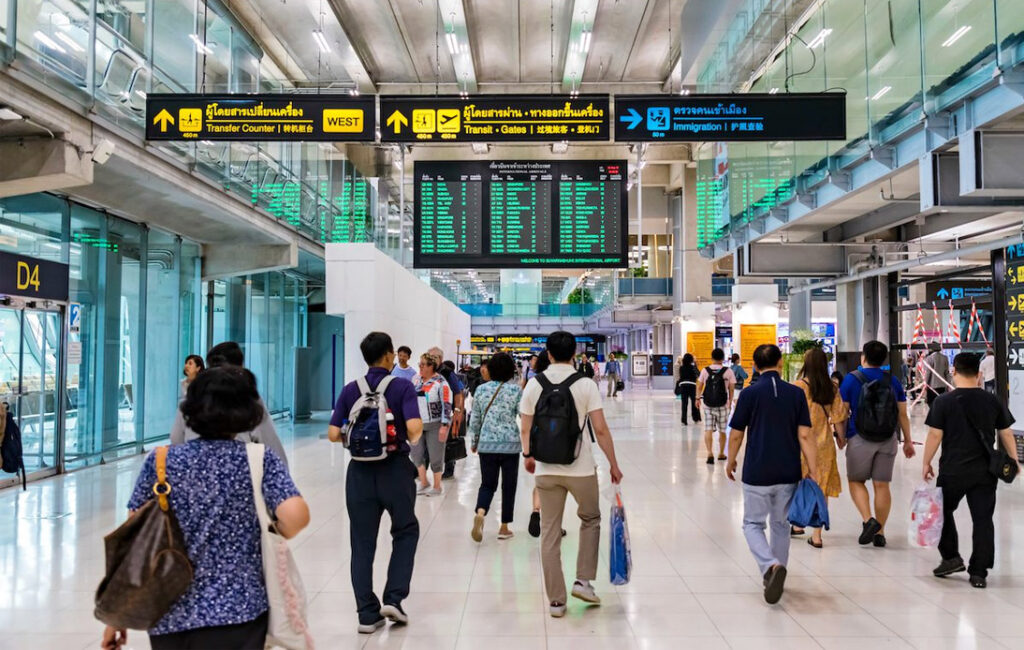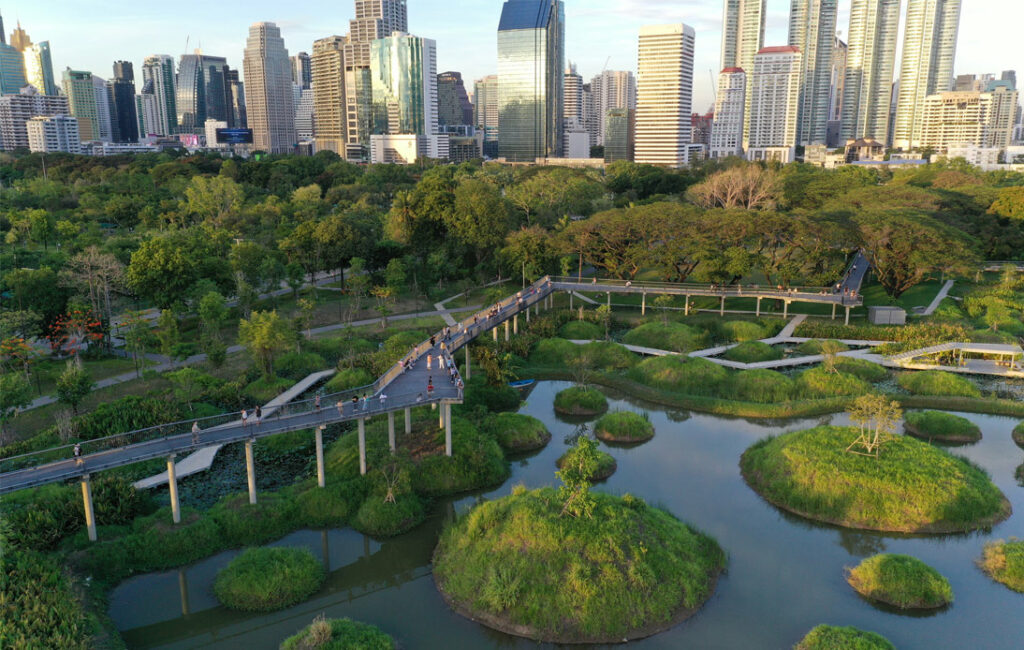
The Portuguese government has stated it has no intentions of paying reparations for the country’s involvement in transatlantic slavery and colonialism.
Recently reignited discussions focus on Portugal’s participation in the slave trade and abuses during the colonial era. This issue resurfaced when President Marcelo Rebelo de Sousa proposed that the country should make amends for these historical “crimes.”
However, the center-right government, once led by President de Sousa, rejected this proposal, while the far-right Chega party plans to push for a parliamentary vote to censure the president, claiming his remarks betray the Portuguese people and their history.
President de Sousa sparked this debate during a discussion with foreign journalists, where he was questioned about potential reparations for the slave trade, noting that Portuguese ships transported millions of Africans, primarily to Brazil, for forced labor on plantations.
While addressing this, President de Sousa avoided directly mentioning slavery but emphasized Portugal’s responsibility to fully acknowledge its historical wrongdoings, including massacres and looting, suggesting that the nation should bear the costs of these actions.
Brazil’s Minister of Racial Equality, Anielle Franco, has called for “concrete actions” to back up such declarations.
Nevertheless, during the 50th-anniversary celebrations of the coup that ended a long-standing dictatorship on April 25th in Lisbon, President de Sousa avoided revisiting the topic at an event also attended by leaders from former colonies.
These leaders highlighted the date as a symbol of liberty, without addressing reparations.
Subsequently, the government only made its position clear last Saturday, following the president’s elaboration on his initial remarks, suggesting that development aid and debt forgiveness could serve as reparations for the colonial era.
President de Sousa emphasized Portugal’s duty to lead in this matter, cautioning against the fate of other nations that have lost their ability to communicate and empathize with their former colonies.
In a succinct response, the government maintained its predecessors’ stance on reparations, confirming the absence of any specific process or program dedicated to this end.
Interestingly, the culture minister from the previous Socialist government had explored the return of looted items, and the current minister, formerly a director of a national museum with collections from the colonies, has previously supported such initiatives.
Anti-racism organizations and left-wing parties, longstanding advocates on these issues, have intensified their activities recently. Despite their efforts, Portugal’s conservative president leads the discourse.
President de Sousa, recalling his family’s history with his father serving as the governor of Mozambique and later as the minister for the colonies during the dictatorship, positions himself against conservative voices downplaying the severity of colonialism.




















